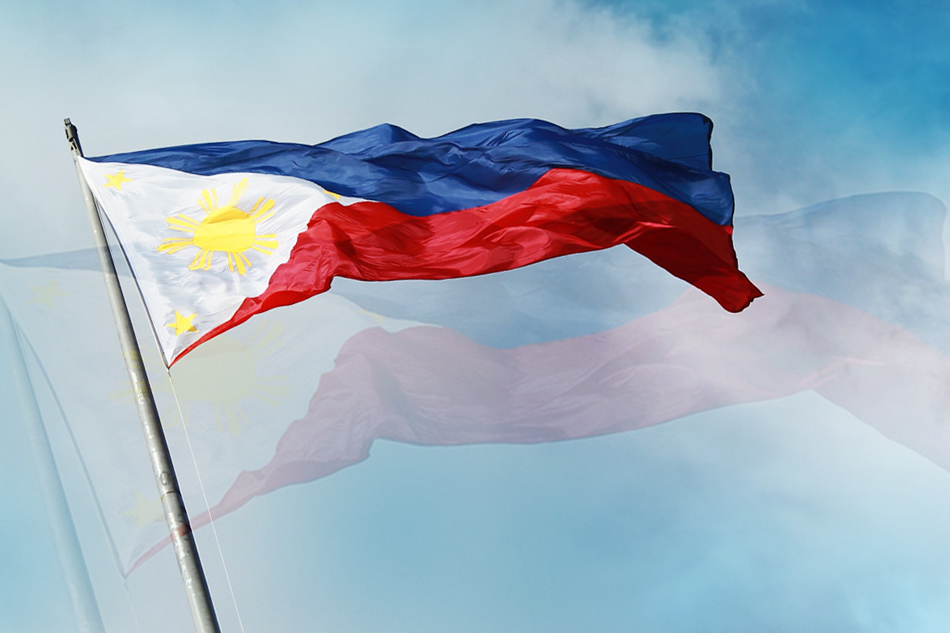The Philippine Flag as a trademark
| 11 June 2018 |

Red, blue,white, stars, and a sun. Separately these symbols mean different things but put together, and arranged in a certain way, and it becomes a symbol of the Philippine nation and its people.
How powerful is a symbol? A symbol can simplify the most profound values - love (heart), peace (dove) - to a single form or shape, and be universally understood regardless of language or culture.
State flags have become a short-hand for expressing nationalism, and this Independence day, the Philippine flag will be on display everywhere for Filipinos to show exactly that. But with its widespread use of the Philippine flag in commercial merchandise from shirts to accessories, where is the line between expression and exploitation?
The Intellectual Property Code of the Philippines has this to say:the Philippine flag can’t be claimed as anyone’s private property, in terms of a trademark.
the Intellectual Property Code is aligned with the main law ensuring respect for the National Flag is observed - the Philippine Flag Law or Republic Act. No. 8491 - as the latter also contains the same restriction in the flag’s registrability as a trademark.
The Intellectual Property Code states that a symbol containing the flag or coat of arms, or any insignia of the Philippines cannot be registered as a trademark.
“State flags or emblems, or coat of arms are not allowed under the Intellectual Property code. The rationale behind it is, that’s a national symbol - owned by the public. No individual firm or entity can own it. Intellectual property, trademark among them of course, gives exclusivity. But the symbol belongs to everyone, to the nation,” said IPOPHL Director General Josephine R. Santiago.
The Flag Law, meanwhile states that the public cannot wear the flag in whole or in part as a costume or uniform; or to print, paint or attach representation of the flag on handkerchiefs, napkins, cushions, and other articles of merchandise.
The Paris Convention for the Protection of Industrial Property, a treaty of the World Intellectual Property Organisation which the Philippines is party to, emphasizes the same prohibition.
Article 6ter of the Paris Convention grants this protection of state emblems and flags of countries party to the Convention, as well as names and emblems of international organisations from unauthorised registration and use as trademarks.
Now some businesses, both large and small, who are using elements of the national flag as trademarks come to mind; Are they breaking the law?
As far as trademarks are concerned, the IPOPHL may consider it acceptable for some elements of the national flag to be invoked but not a true representation of it nor a modification that would amount to defacement of the flag.
This may be a reason why some businesses are permitted to use some icons reminiscent of the Philippine flag.
Expressing nationalism - which is a personal act- is best aligned with the respect due to symbols of public property, and no other emblem of national significance is as deserving of the highest respect as the Philippine flag.



